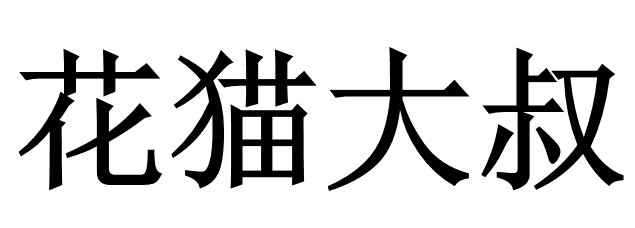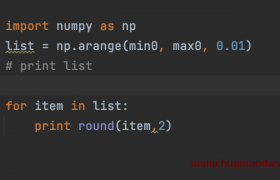1.美国程序员面试题
Define the n-based integer rounding of an integer k to be the nearest multiple of n to k. If two multiples of n are equidistant use the greater one. For example
the 4-based rounding of 5 is 4 because 5 is closer to 4 than it is to 8,
the 5-based rounding of 5 is 5 because 5 is closer to 5 that it is to 10,
the 4-based rounding of 6 is 8 because 6 is equidistant from 4 and 8, so the greater one is used, the 13-based rounding of 9 is 13, because 9 is closer to 13 than it is to 0,
Write a function named doIntegerBasedRounding that takes an integer array and rounds all its positive elements using n-based integer rounding.
A negative element of the array is not modified and if n <=0, no elements of the array are modified. Finally you may assume that the array has at least two elements.
Hint: In integer arithmetic, (6/4) * 4 = 4
If you are programming in Java or C#, the function signature is
void doIntegerBasedRounding(int[ ] a, int n) where n is used to do the rounding
If you are programming in C or C++, the function signature is
void doIntegerBasedRounding(int a[ ], int n, int len) where n is used to do the rounding and len is the number of elements in the array a.
2. 测试样例:
3.java实现代码:
package com.zzy;
/**
* 更多请关注: http://huamaodashu.com
* Created by hadoopall on 30/07/2018.
*/
public class IntegerBasedRounding {
public static void main(String[] args) {
// System.out.println(((double)0/(double)2) *2);
// int[]a={-1, -2, -3, -4, -5};
// int n =3;
// int[]a={-18, 1, 2, 3, 4,5};
// int n =4;
int[]a={1, 2, 3, 4, 5};
int n =100;
System.out.println(doIntegerBasedRounding(a,n));
}
public static int[] doIntegerBasedRounding(int[]a,int n){
if(n<0){
return a;
}else {
for (int i = 0; i < a.length; i++) {
if(a[i]<0){
a[i]=a[i];
}else {
a[i]= (int) (Math.round(((double)a[i]/(double)n)) * n);
}
System.out.println(a[i]);
}
}
return a;
}
}



